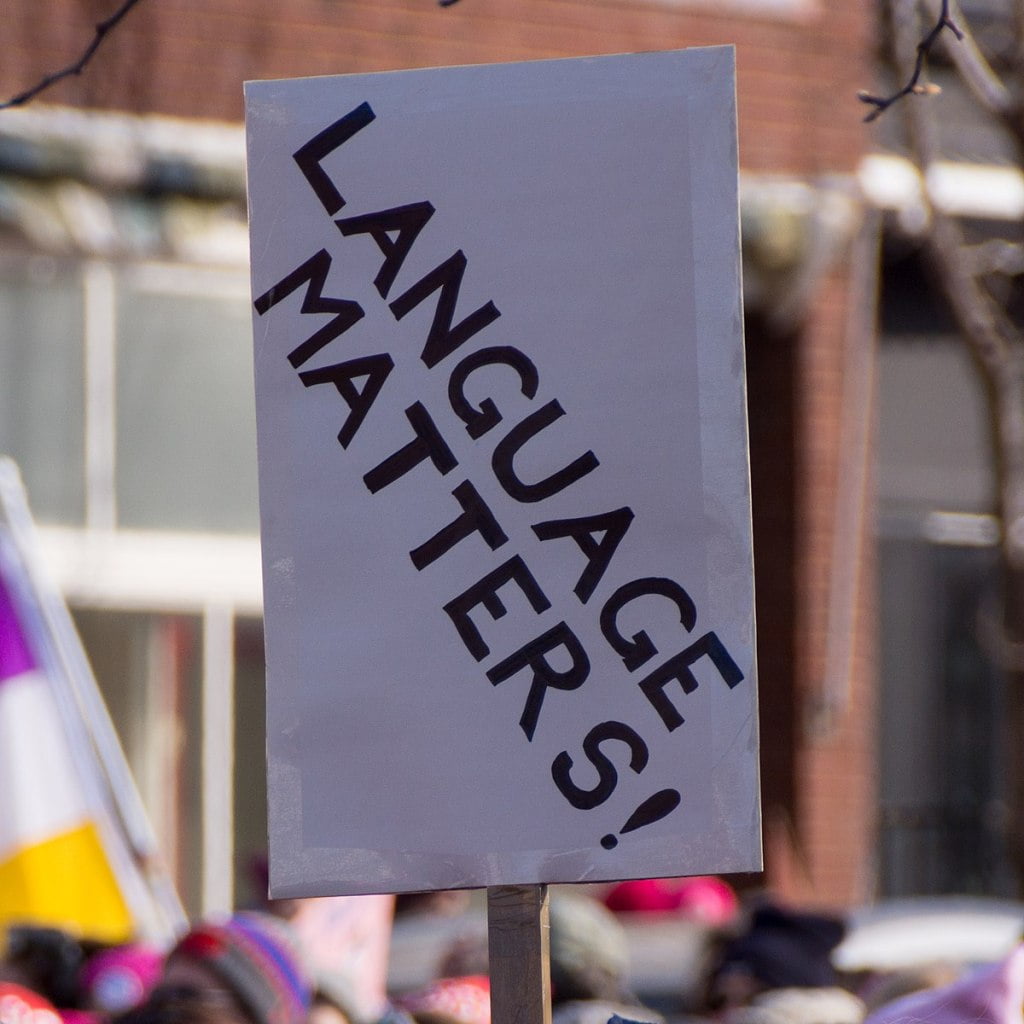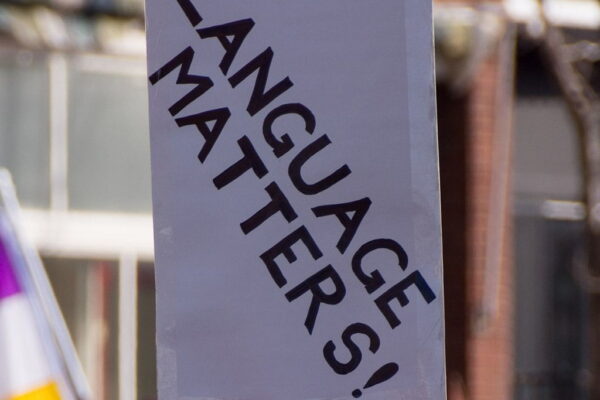
I’ve posted quite a bit on language in advocacy over the years.
Most recently I posted about the choice between words (“chronic brain disease”) that evoke less blame but more pessimism about change, or words (“problem”) that evoke more blame but more optimism about change.
A couple of months ago, I examined a few examples of controversial language and the impact of attitudes vs. word choice. I also called for more discernment about language that has an innate negative valence vs. language that may have been tainted by the attitudes of others. Where language is tainted by attitudes, maybe our locus for change should be the attitudes rather than the language.
Between those two posts, I shared a tweet from Keith Humphreys on a “peculiar ‘conspiracy'” among people who see themselves as compassionate toward people with addiction, but actually contribute to cultural pathologizing and pity toward them.
Keith Humphreys (yes, I’m a fan) recently posted a series of tweets about changes in “acceptable” language on the basis perceived stigmatizing effects.
He continues with questions about whether some advocacy to improve language is not only ineffective, but might be self-defeating.
He describes the lateral violence that often accompanies language advocacy. (Also, check out Bill’s recent post asserting that we shouldn’t think ourselves immune to abusive behavior.)
He highlights the absurdity of the lateral violence in the context of the instability and circularity of many of these language changes.
